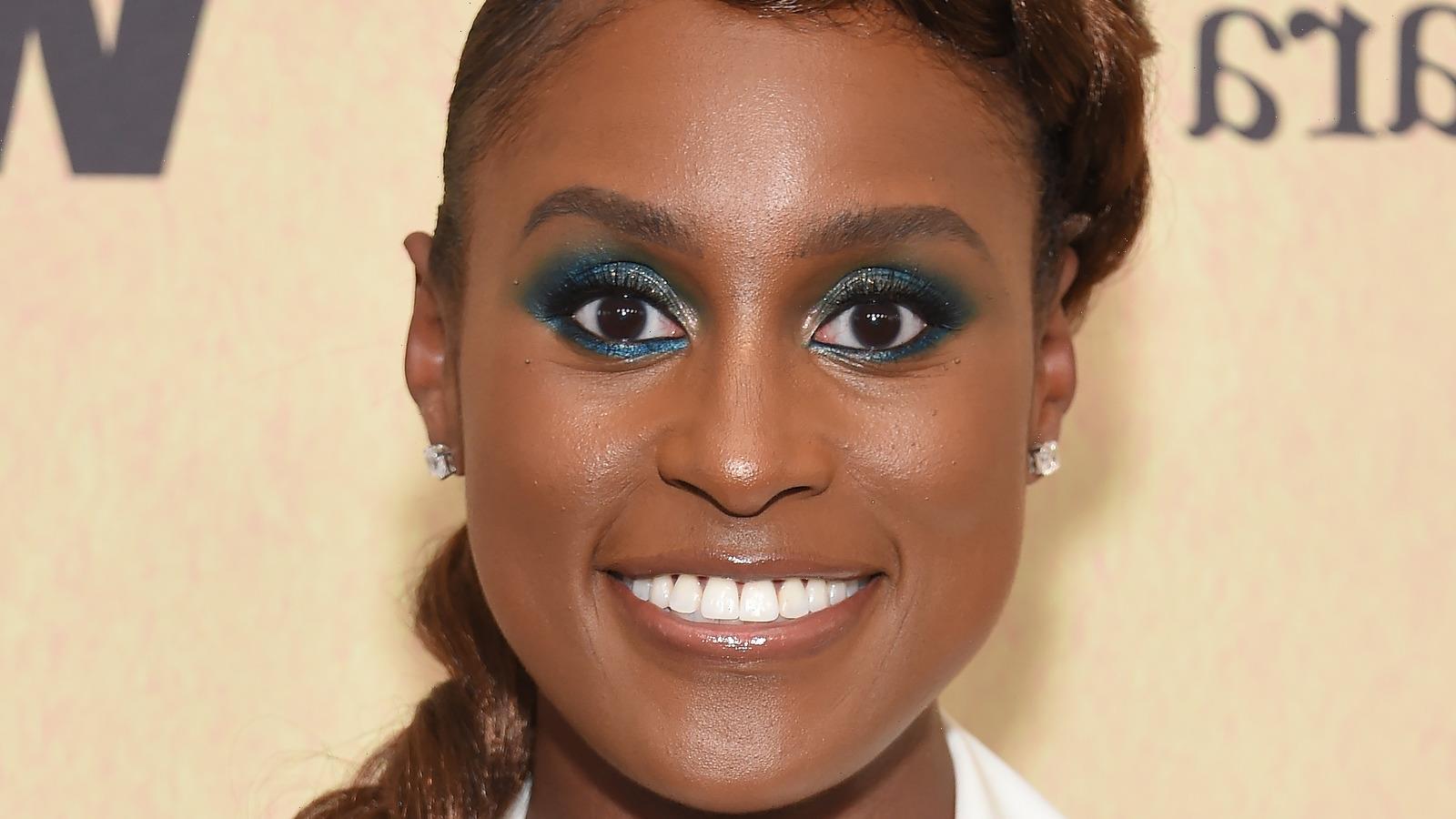THE rule of six remains in force in England for at least another few weeks to bring the country closer to 'freedom day'.
Boris Johnson is set to announce whether lockdown restrictions will ease on July 19, including limits on social gatherings.
🔵 Read our coronavirus live blog for the latest updates
What is the rule of six?
The rule of six was first introduced across England in September 2020 to lower the number of people meeting in groups.
It limits inside events to six people from up to six households, or two households of any size.
Children of any age are included in headcount but professional carers aren't, while support bubbles only count as one household.
The police can crack down on those who flout the rules, including issuing fines of up to £6,400 for repeat offenders.
When will the rule of six end?
The rule of six will stick around until at least July 5, with Boris Johnson making an announcement on June 28.
He had hoped to lift all restrictions on June 21, but pointed to rising Covid cases and hospitalisations as reasons to remain cautious.
He postponed the so-called 'freedom day' to July 19, promising a data review to see if this could take place a fortnight earlier on July 5.
Newly appointed Health Secretary Sajid Javid has said he wants to get back to normal "as soon as possible", but he isn't expected to lift lockdown earlier than the planned date of July 19.
This would mean Mr Johnson ruling out an early lockdown lift, instead announcing the dropping of most, or all, restrictions from this date.
So from next month there could be no face masks, social distancing or rule of six in place.
All other legal requirements could also be scrapped – although ministers will likely highlight that it will be down to personal preference and many may choose to continue to wear face coverings, for example.
The Government has promised to give one week's notice to any change of restrictions.
What are the exemptions to the rule of six?
Brits can meet indoors in groups larger than two households in places such as shops, restaurants and pubs.
Gatherings of more than six are also allowed for work, school or other education purposes, as well as in gyms, fitness classes and swimming pools.
Exemptions also apply to weddings and funerals, and in places of worship generally.
Other "significant life events" like christenings or Bar/Bat Mitzvahs can be attended by a maximum of 30 people, with those working not counted in the total.
And indoor entertainment attractions such as museums, theatres and indoor play areas can also host large groups.
Organised parent and child groups can be attended by up to 30 people, while tradespeople can go into households without breaking the limit if they are there for work.
Care or assistance can also be provided for disabled or vulnerable people, including shopping for essential items and accessing services on their behalf.
Source: Read Full Article





